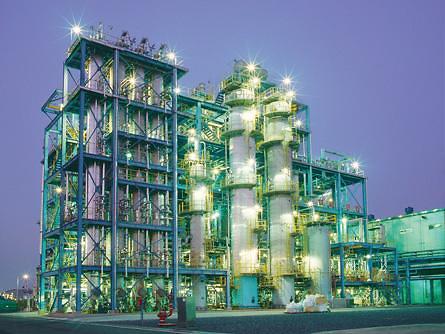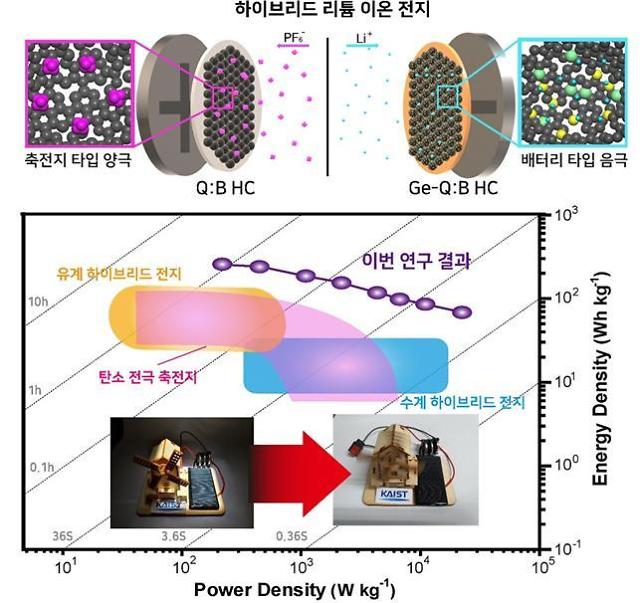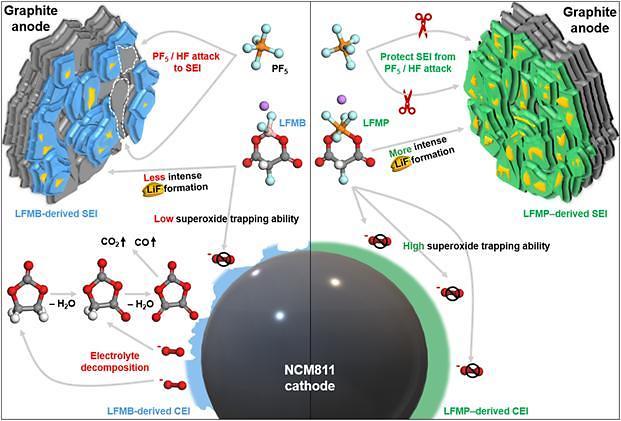
[Courtesy of Kolon ]
SEOUL -- Kolon Industries, a chemical and textile manufacturing company in South Korea, made a strategic investment in Neo Battery (NEVA), a domestic startup specializing in lithium metal anodes, to diversify its business portfolio into important materials for secondary batteries.
Kolon Industries said it has become the second-largest shareholder of NEVA by investing about 10 billion won ($7.7 million). NEVA produces high-purity lithium metal ingot, chips, foil, or powder while recycling used lithium metal.
Anodes play an important role inside a high-capacity battery. The more ions the anode can hold, the higher its energy capacity. Graphite anodes are widely used for lithium-ion batteries, but researchers have tried to find a better solution because structural deformation occurs in graphite when charging and discharging are repeated, leading to a shorter life of batteries.
Lithium metal batteries could run longer and hold more energy than lithium-ion batteries, which work by passing lithium ions between a graphite anode and a lithium cobalt oxide cathode. Due to their large specific capacity and the lowest reduction potential of metallic lithium, researchers have tried to develop high-energy-density lithium metal batteries.
"This investment aims to dominate the next-generation material market," Kolon Industries CEO Jang Hee-goo said in a statement on July 11. "In addition to secondary batteries, we plan to continue investing in next-generation future growth engines." As a strategic investor, Kolon Industries would actively support NEVA's R&D, IP-related know-how, and mass-production.
South Korean battery makers have tried to develop premium batteries. In October 2021, the state-run Korea Electrotechnology Research Institute (KERI) transferred technology to Daejoo Electronic Materials for the mass production of sulfide-based solid electrolytes for all-solid-state batteries at low prices. The company would develop various silicon materials that can replace lithium metal anodes for solid-state batteries.
All-solid-state batteries are seen as a next-generation power source for electric vehicles as solid electrolytes are nonflammable and more stable. They can have a higher energy density than lithium-ion batteries.c Solid-state batteries enable faster charging, higher voltage and longer cycle life. However, challenges to widespread adoption include energy and power density, durability, material costs, sensitivity and stability.
Copyright ⓒ Aju Press All rights reserved.




View more comments